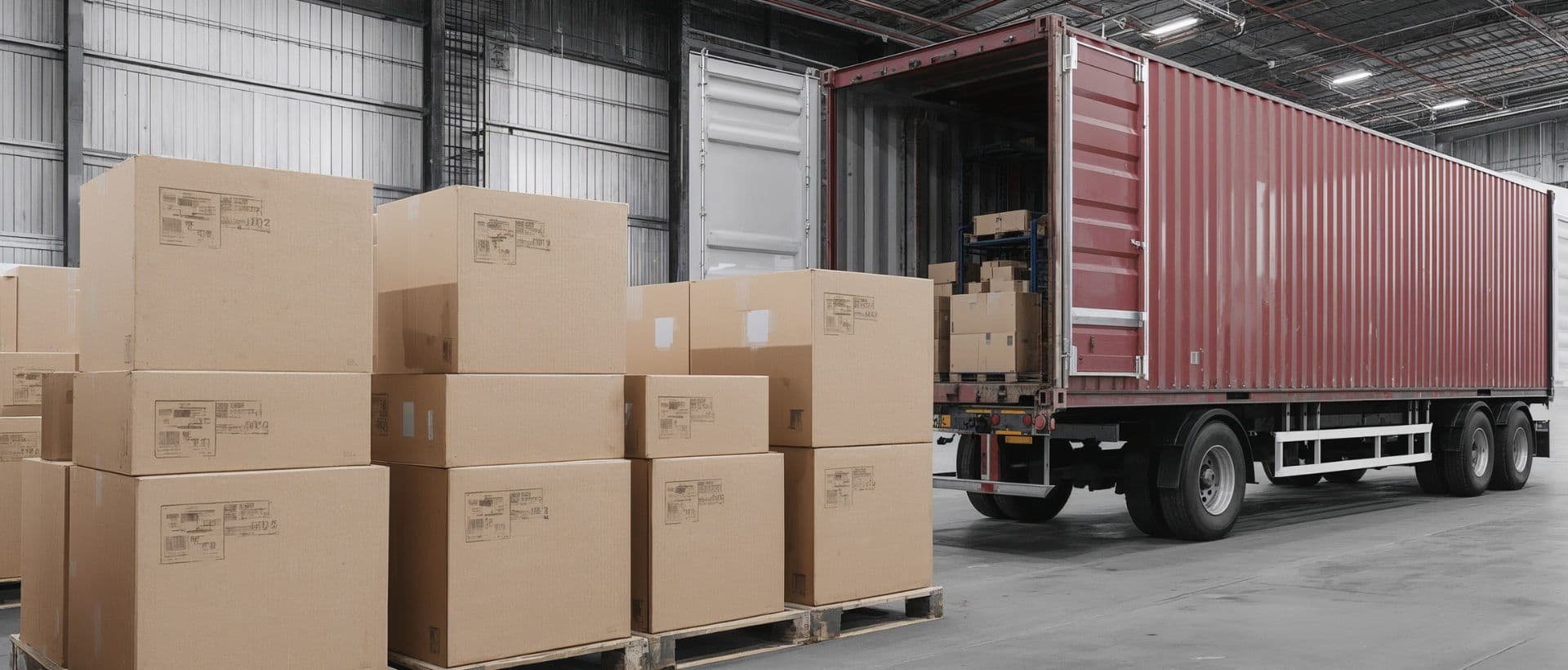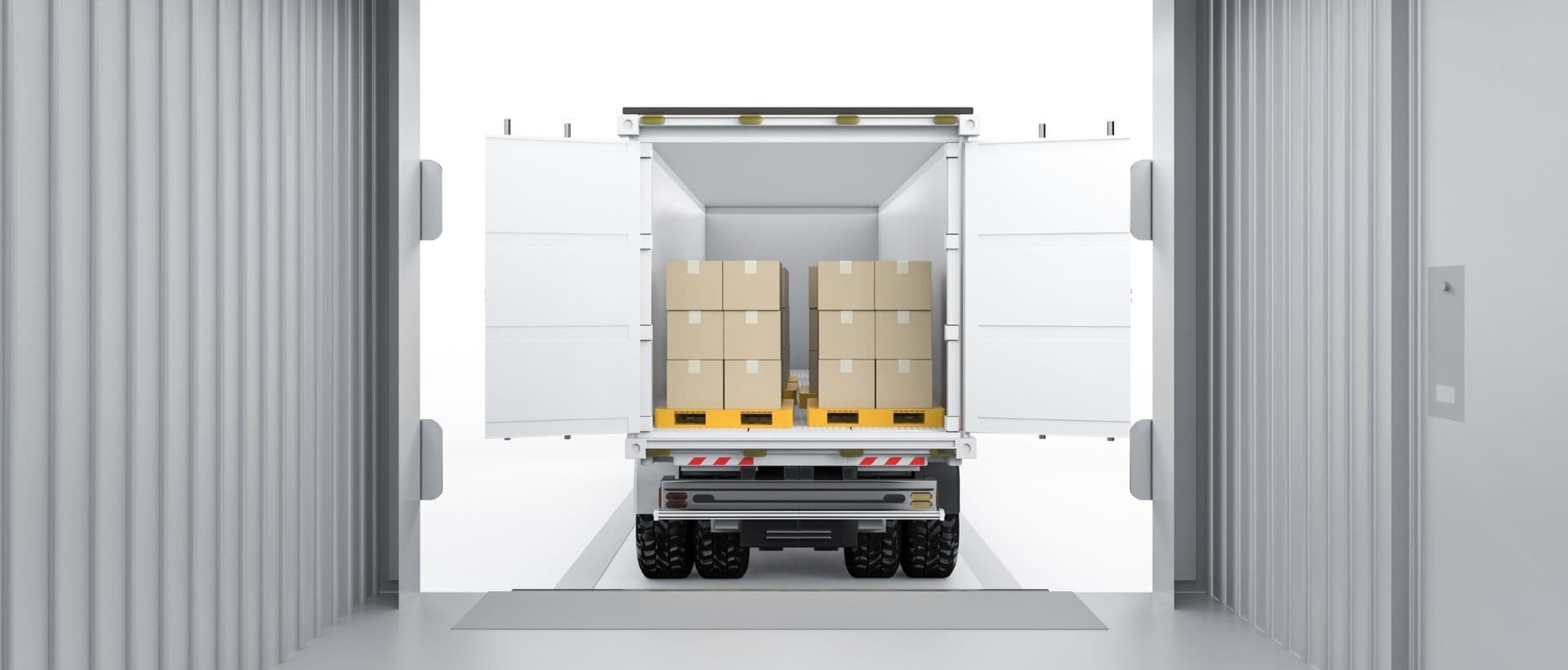
The Role of Contract Logistics in Streamlining Global Trade and Distribution
November 06, 2025
AAJ Swift
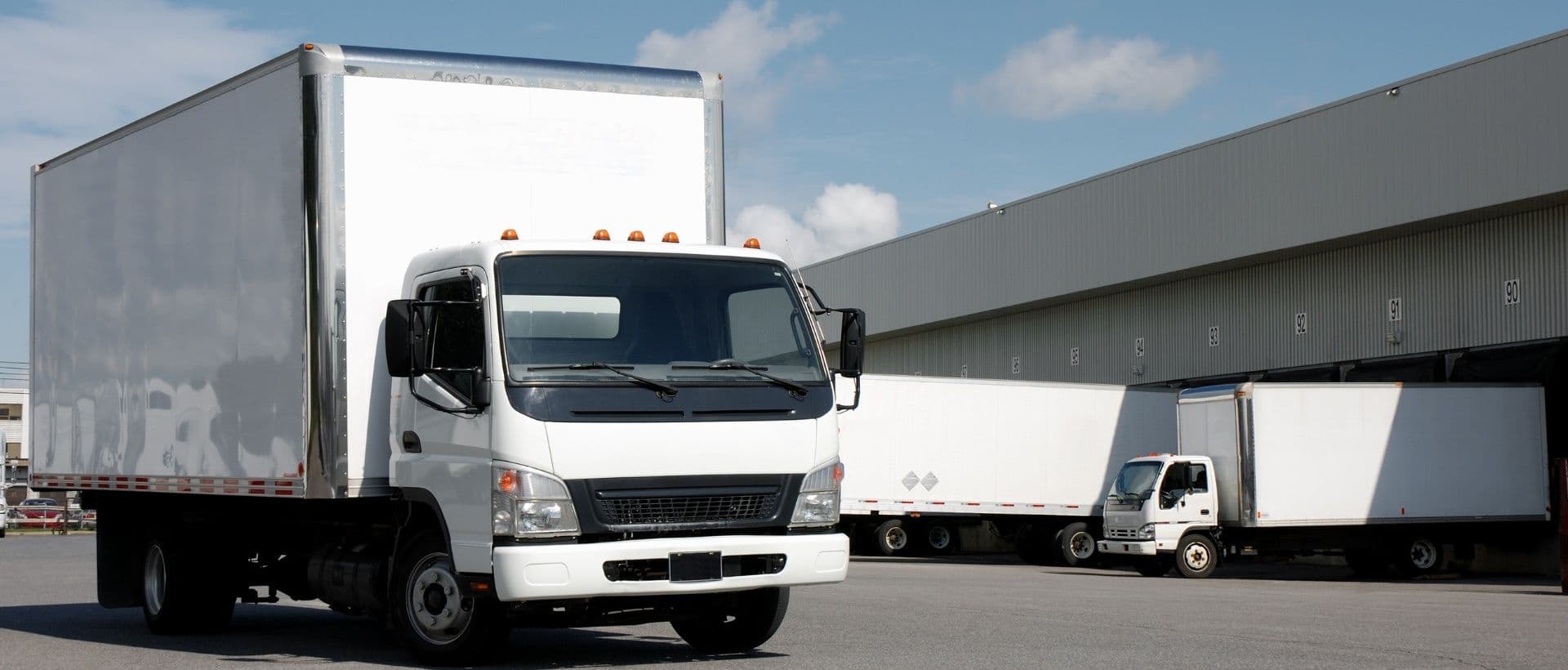
We live in a world where global trade is moving faster than ever, which means precision is the key for more organizations. When there is constant growth in manufacturing, it leads to businesses' expectations when it comes to faster delivery of their products. The effect of this is that unpredictable supply chain disruptions have created new pressures on businesses of all sizes. A lot of companies now outsource logistics functions so that their efficiency is at the top and their ranking remains constant. This change has brought contract logistics into focus as a smarter way to manage global trade and distribution.
Contract logistics make it easier for businesses to transport and manage their goods across different areas efficiently. It offers businesses a more advanced system, expert management, and better logistics solutions for distribution. When you are in contact with more specialized providers, your business can get more cost-efficient, retain its flexibility, and gain better visibility across its supply chain.
What Is Contract Logistics?
Contract logistics meaning is quite simple. It refers to the action where businesses outsource logistics activities to a B2B transport service provider. They, in turn, take responsibility for logistics operations. This is true for activities like logistics, transportation, distribution, and order fulfillment. The relationship is held in place by a contract. The paperwork is in place to make sure that there is consistency when it comes to the service, and the performance standard is intact.
To make it simpler for you, contract logistics gives a chance for your company to make and sell products, letting the transport company handle how those products reach customers. When this relationship brings in a third-party logistics provider, it's called 3PL contract logistics. These third-party providers use their networks, technology, and experience to move goods from manufacturer to market, both locally and across borders.
Scope of Contract Logistics in Modern Supply Chains
Modern supply chains connect multiple partners across countries and continents. The scope of contract logistics has evolved to cover nearly every step within this system, including:
- Global and domestic transportation across road, air, and sea
- Warehousing and inventory control
- Customs brokerage and compliance support
- Order processing and distribution
- Reverse logistics and returns management
Contract Logistics vs Traditional Logistics
- Management: In contract logistics, operations are outsourced to a specialized transport provider who takes full responsibility for managing and executing logistics functions. In contrast, traditional logistics keeps these activities under the company's direct control.
- Flexibility: It offers a high capacity of scalability and adaptability, allowing businesses to adjust capacity based on seasonal demand or market fluctuations. Traditional logistics tends to be more rigid, with limited ability to expand or reduce resources quickly.
- Technology: Contract logistics providers lean on advanced tools and systems offering visibility across supply chain operations. Traditional logistics often depends on basic tracking systems and manual updates, which can lead to slower information flow and reduced accuracy.
- Services: The service range in contract logistics is broad and value-driven, covering last mile logistics activities. Traditional logistics generally focuses on core functions like transportation and distribution, without additional integrated services.
- Cost Efficiency: Contract logistics enables companies to share resources, infrastructure, and technology with other clients, leading to lower operational costs. Traditional logistics, managed in-house, incur higher fixed expenses due to dedicated facilities, staff, and equipment.
- Risk: In contract logistics, the responsibility and risk are shared between the company and the service provider, ensuring better risk mitigation. In traditional logistics, the business bears full responsibility for any delays, compliance issues, or operational disruptions.
Why Contract Logistics Matters in Global Trade
Global trade is shaped by varying customs regulations, diverse markets, and fluctuating demand patterns. Managing transport and logistics internally can be costly and time-consuming. Contract logistics partners bring the experience, infrastructure, and compliance knowledge essential for success. In a world where speed and reliability are top priorities, contract logistics transforms global trade operations into organized, efficient systems.
How Contract Logistics Streamlines Distribution Networks
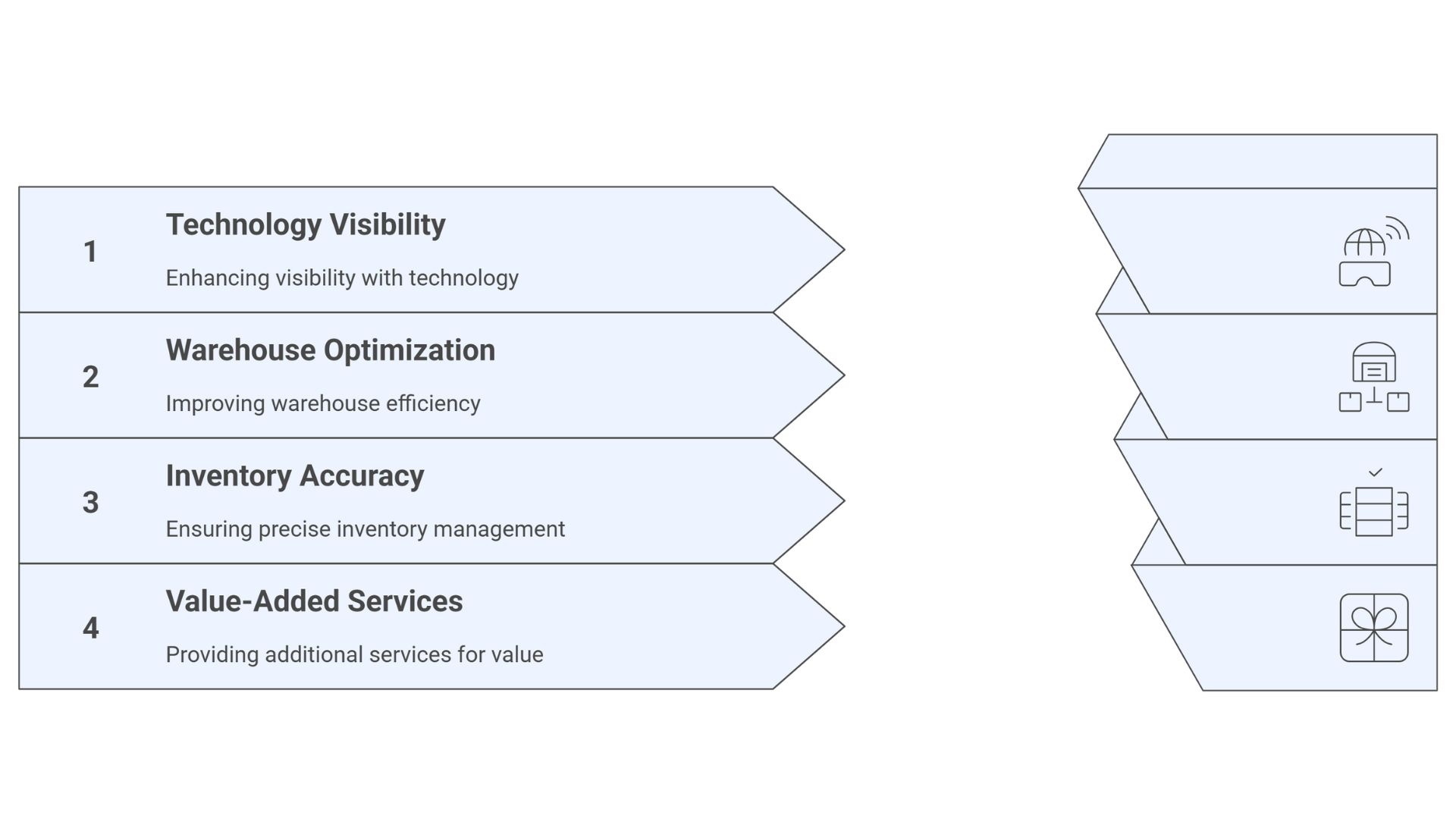
End-to-End Supply Chain Integration
Contract logistics connects procurement, inventory, storage, and delivery under one unified system. Logistics providers align every stage to create real-time communication between suppliers, manufacturers, and customers. This integration eliminates redundancies, improves scheduling, and reduces idle time.
Technology-Driven Visibility and Control
One of the greatest strengths of modern 3PL contract logistics is technology. Providers use advanced software to track shipments, monitor inventory, and manage performance.
With automation, businesses can see exactly where products are and make faster, data-driven decisions. This digital transparency allows both businesses and customers to stay informed every step of the way.
Warehouse Optimization and Inventory Accuracy
Warehouses are central to any logistics operation. Contract logistics partners invest in optimized layouts, robotics, and smart transport solutions to improve order accuracy and reduce handling times. Automation tools like voice picking and sorting systems minimize human error while boosting throughput.
Value-Added Services (VAS)
Beyond transportation and storage, many providers offer services that add flexibility and customization, such as:
- Kitting and light assembly before shipment
- Customized labeling and packaging for specific markets
- Quality inspections before dispatch
- Reverse logistics for returns and repairs.
These extras help businesses tailor their operations for different customers and regions, adding more value to every shipment.
Key Components of a Successful Contract Logistics Strategy
Building an effective contract logistics plan requires coordination, communication, and a clear understanding of goals. Successful strategies usually include:
- Alignment with overall business objectives
- Integration of data-driven technologies
- Scalable networks for peak and off-peak seasons
- Consistent communication with performance tracking
- Compliance with regulations and industry standards
A well-designed contract logistics strategy helps businesses adapt easily to global pressures and market fluctuations.
Factors to Consider When Choosing a Contract Logistics Partner
Choosing the right logistics partner can define how efficiently your company operates. Consider the following factors before signing a contract:
- Experience and Capabilities: Ensure the provider has proven expertise in your sector and regions of operation.
- Geographic Reach: Look for networks that can support both domestic and international markets.
- Technology Infrastructure: Reliable systems for real-time visibility and analytics are essential.
- Flexibility: The provider should be capable of scaling services up or down as demand changes.
- Security and Compliance: A strong safety record and regulatory knowledge ensure risk-free operations.
- Cost Transparency: Choose partners offering flexible, clearly defined pricing structures.
The right provider becomes more than a vendor—they serve as an extension of your team, driving operational excellence.
Benefits of Contract Logistics for Businesses
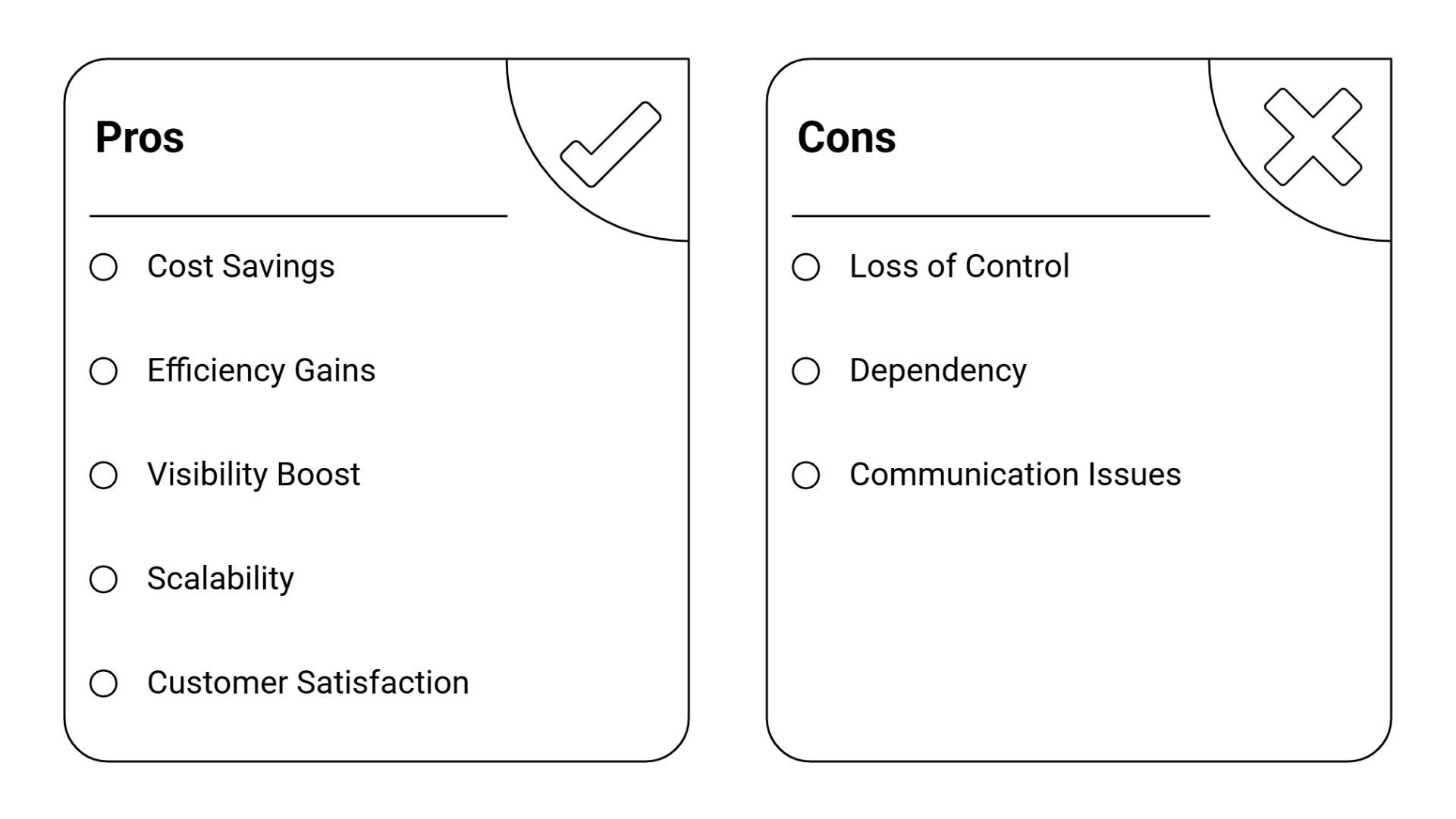
Adopting contract logistics offers advantages that go beyond shipping cost reduction. For most companies, the biggest benefits include:
- Lower Operating Costs: Shared facilities, workforce, and technology investments make logistics more affordable.
- Improved Efficiency: Streamlined workflows lead to faster delivery times and reduced delays.
- Enhanced Visibility: Real-time data helps in better forecasting and planning.
- Scalability: Services adjust easily with seasonal demand or market growth.
- Customer Satisfaction: Faster deliveries and accurate tracking create better customer experiences.
- Risk Reduction: Providers share responsibility for compliance, safety, and delivery.
- Strategic Focus: Companies can shift focus to innovation and growth instead of day-to-day logistics management.
Conclusion
As global trade expands, businesses face rising challenges from stricter regulations to higher customer expectations. Working with an experienced 3PL contract logistics provider turns complexity into opportunity. Efficient B2B logistics has always been the backbone of trade. Contract logistics takes it further and makes it smarter, more connected, and ready for the challenges of tomorrow.

